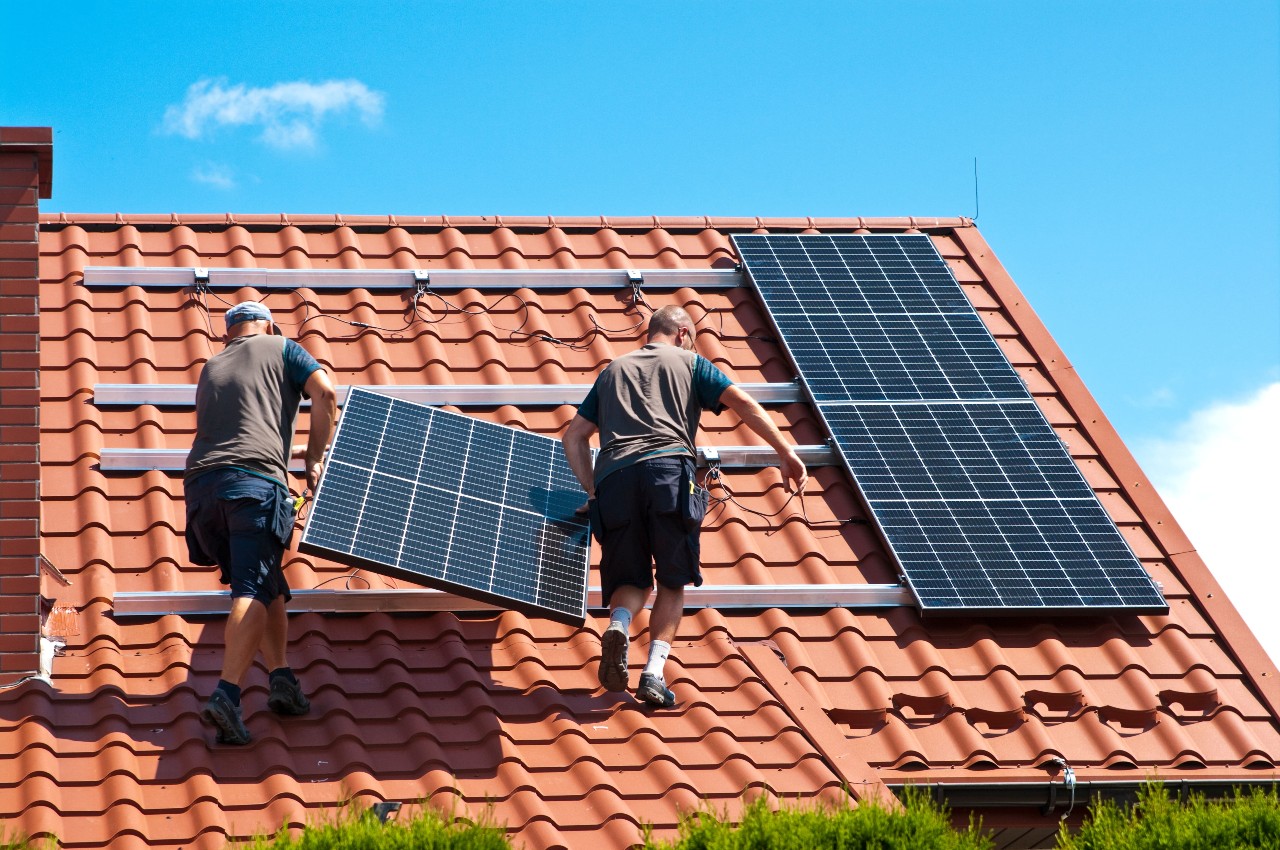How to be More Environmentally Friendly Online
There’s no doubt that the internet has had a hugely beneficial impact on the world. The ability to connect with people across the globe in a matter of seconds has revolutionised the way we communicate, shop, work, and gain information.
But as good as the internet has been, there’s no doubt that it’s had a negative environmental impact. Every time you do something online, you are using energy. This isn’t just energy from your phone/laptop and router, it’s also from internet servers where your information is stored, and the process of sending this information across the world to your device.
Now, we don’t expect people to stop using the internet completely. However, there are a few things you can do that can help to reduce your impact. Here are our top tips on how to be more environmentally friendly online.

Do you really need to use the internet?
We’ve become so accustomed to relying on the internet that we often use it when it’s not necessary. Ever find yourself checking bus timetables or cooking recipes when you already have the answer at home in a leaflet or book?
Before opening your browser or app, stop to think if there’s another way you can retrieve the information you’re looking for without going online.
Reduce the amount of data you use
When you do go online, you can try to limit how much data you use. There are a variety of ways you can do this:
- Lower video resolution where possible: Although 4K videos look better on big TVs and screens, it’s not really necessary to have this huge resolution on mobile devices. Standard 1080p should be more than enough.
- Delete old information from the cloud: Storing files, photos and other documents in the cloud can be very useful. But it uses energy to keep these files accessible at all times. Therefore, consider what’s really important to keep and remove anything extra. You can also apply this to old emails too – especially those with large attachments.
- Go directly to websites: Millions of people around the world search Google for “Amazon” every month. Collectively, this uses up a lot of energy – and most of it could be avoided if users typed the full URL instead. So if you know the website you want to visit, avoid searching for it and go directly there.
Choose more environmentally-friendly search engines
Of course, there are plenty of times when you don’t know what website you want to go to. For example, if you’re looking for a general answer to something. In that case, you will need to use a search engine.
But instead of using the more traditional options, there are some that have been built to be more environmentally friendly or beneficial. A few examples include:
- Ecosia: Uses profits to plant trees around the world.
- Ekoru: Uses profits to remove plastic and reforest oceans.
- OceanHero: Uses profits to help prevent plastics from entering oceans.
Reconsider online shopping habits
Bulk buying and frequently returning items creates waste and uses energy. So try to only order things you think you will want to keep. Of course, send something back if you don’t want it – but try to make this the exception instead of the rule.
You can also consider bulk delivery if you have a variety of items. This may help to reduce packaging (if everything can be placed together) and should help to reduce the number of delivery trips to your door.
Use websites that are built to reduce their impact
It’s possible for people to build more environmentally friendly websites. For example, compressed images, dark themes, and reduced animations can all help to reduce how much energy is required to load a page.
Some sites go even further. For example, Casino Professor is a CO2-neutral website. They use a company to calculate their entire carbon footprint (including visits from users) and offset it via a range of methods.
You can usually find more information about a website’s environmental policy on their About Us page. If they don’t mention anything then they probably aren’t thinking about it.

Keep your browsing devices for as long as possible
Internet-enabled devices have already negatively impacted the environment during the manufacturing stage. That’s because computers, phones, and tablets require rare materials to work. So try to keep hold of your device for as long as possible to reduce its environmental impact.
But eventually, there will come a time when you need to find a replacement. Whatever you do, do not throw old internet browsing devices in the bin. This can have severe consequences if it gets to a landfill. Instead, hand it over to a local electronics recycling shop or centre. They will then recover as much of the rare materials as possible to be reused in future devices.
And instead of buying the latest releases, consider buying a refurbished device instead. This way, you’ll share the environmental burden from the manufacturing process – instead of creating a new one. If you have to buy a new device, look at more environmentally conscious brands like Fairphone.



















